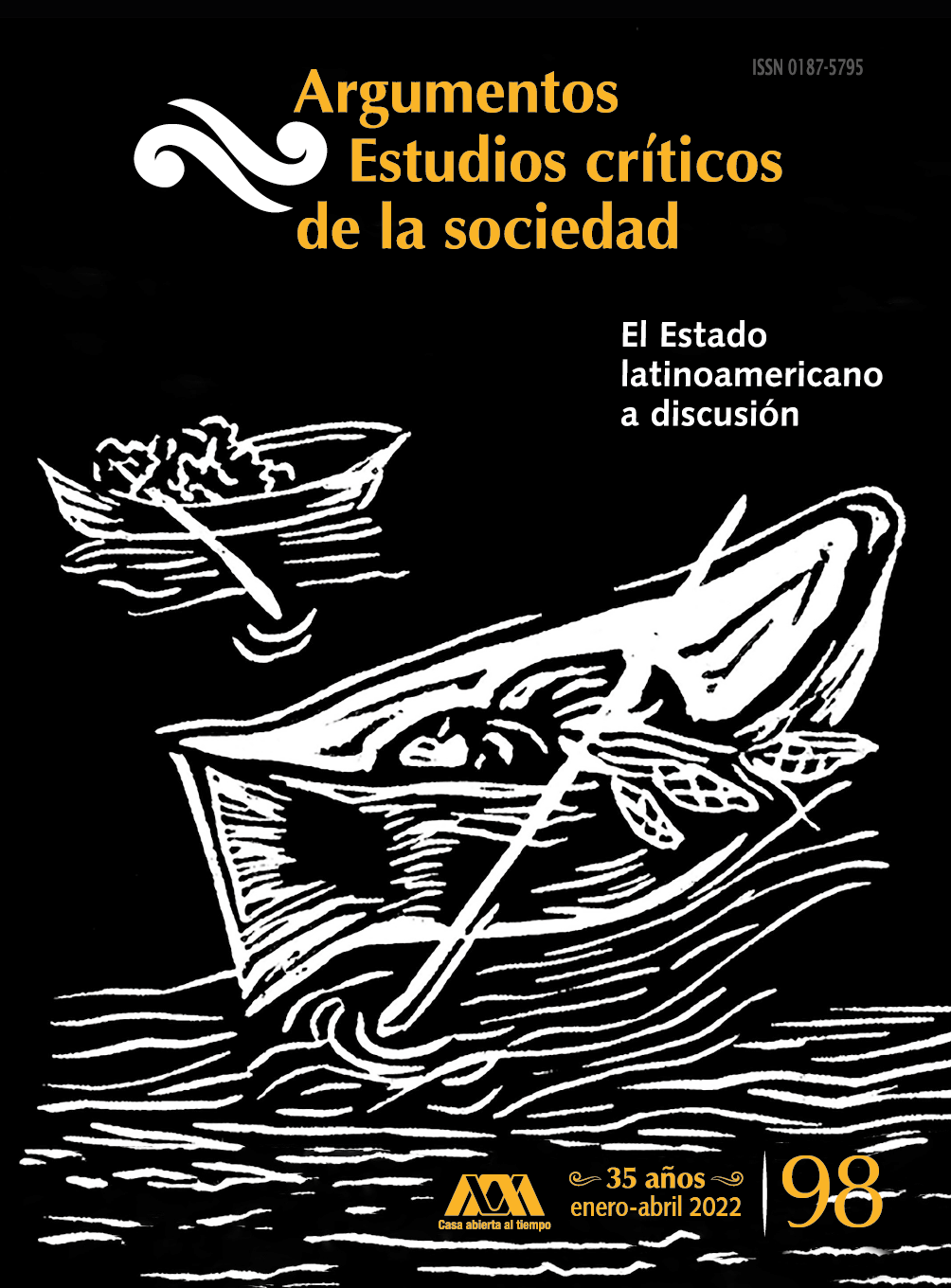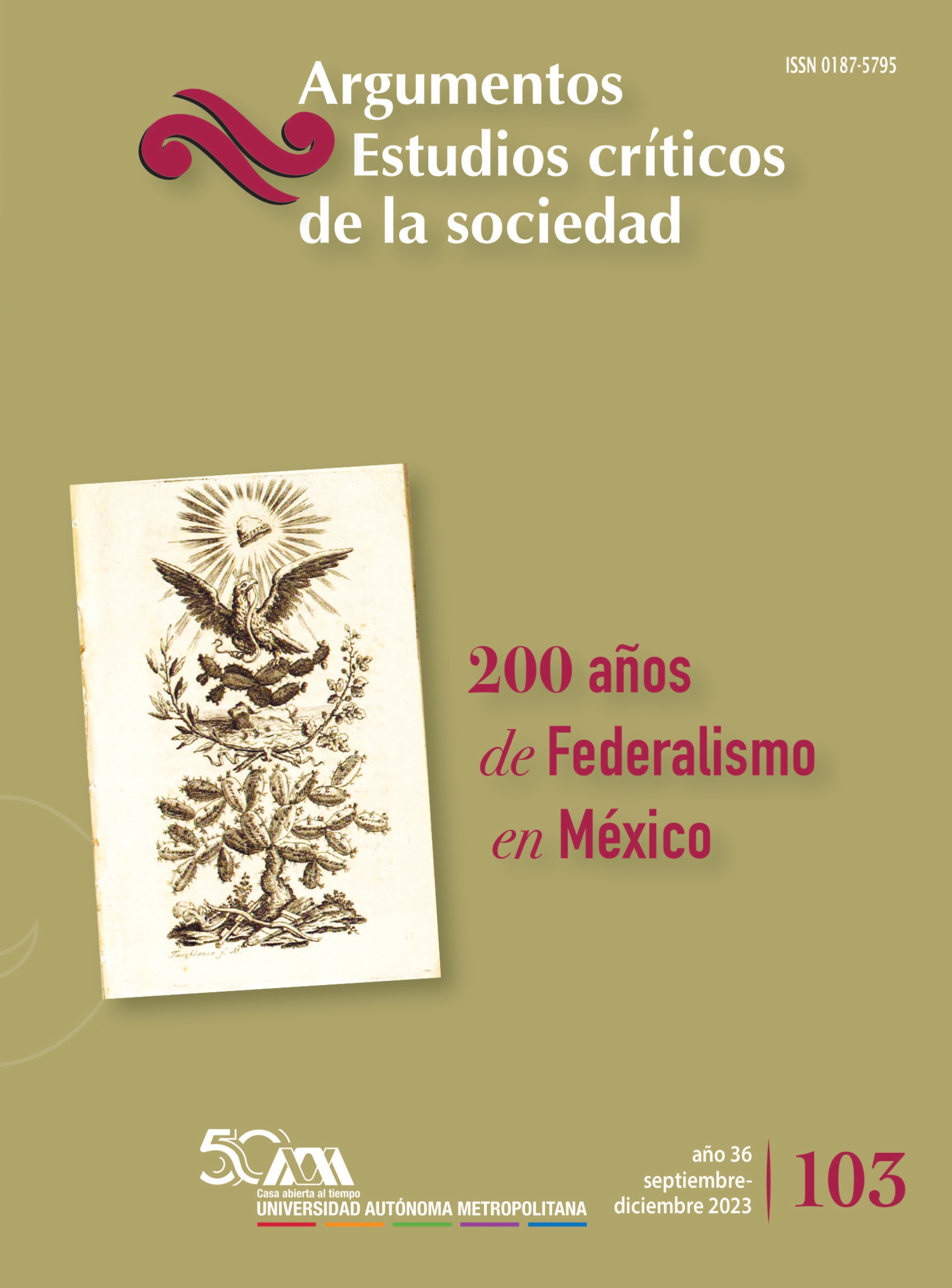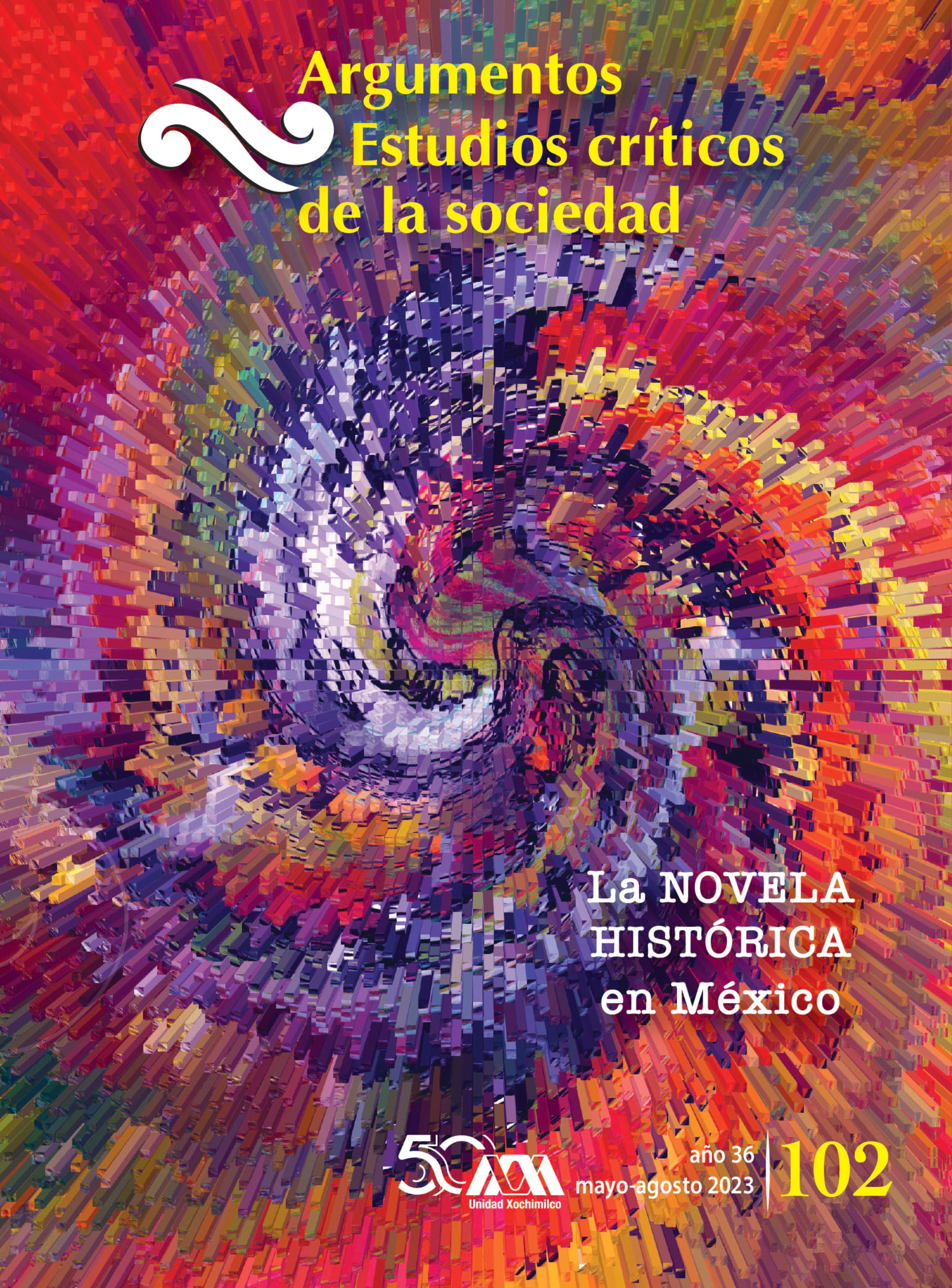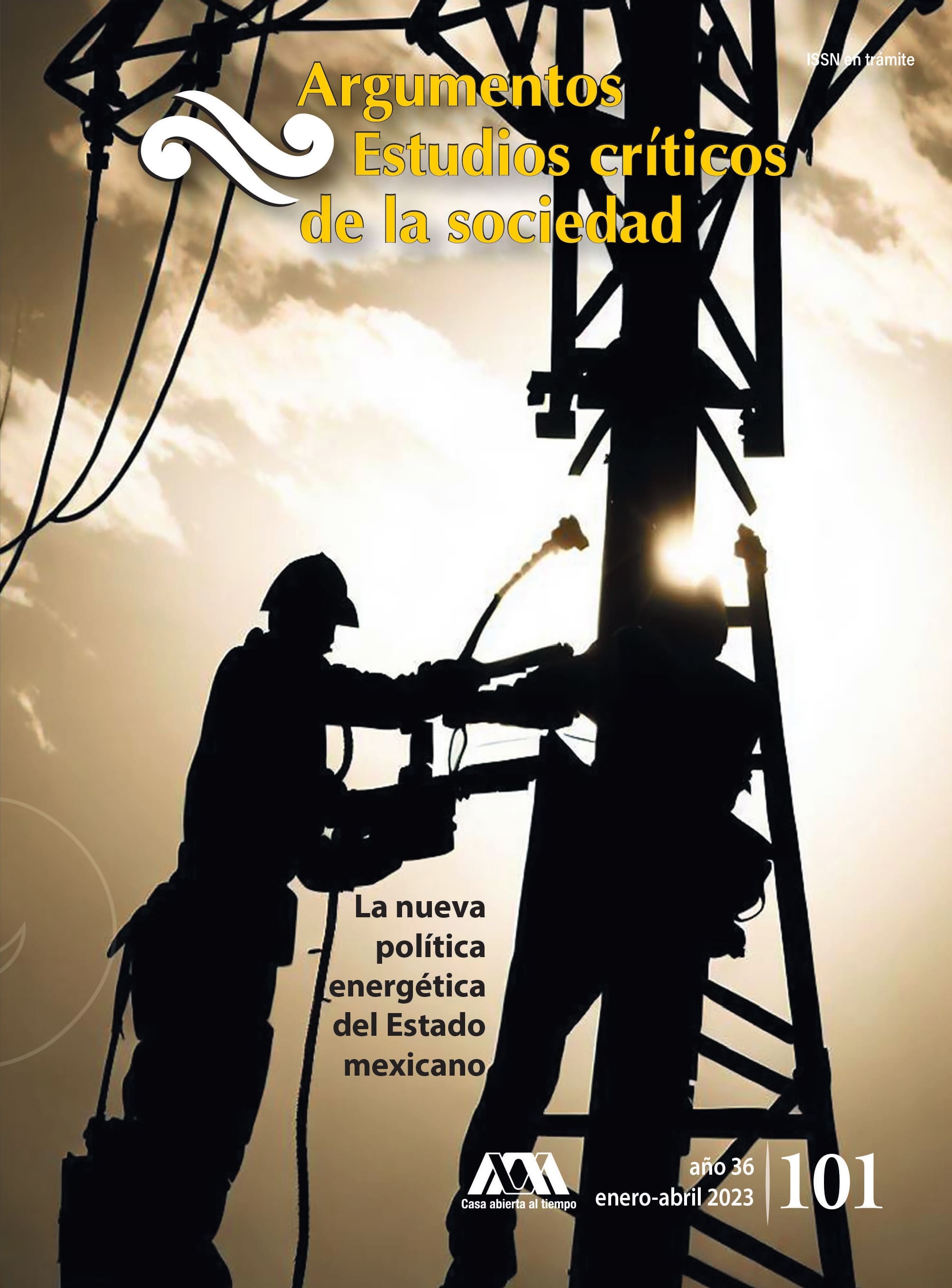“I can´t push the puse button on my pregnancy”
Maternity Healt during the Pandemic in Mexico
DOI:
https://doi.org/10.24275/uamxoc-dcsh/argumentos/202298-10Keywords:
maternal healt, care, coronavirus, pandemic, intersectionalityAbstract
I offer a reflection on the challenges and difficulties to give continuity to maternal and neonatal health care and services during 2020 in Mexico; what could be considered the initial stage of the sanitary emergency produced by the SARS-COV-2 virus. The text is based on the ethnographic work carried out with Catalina, a woman who gave birth to her first child, in June 2020 in Mexico City -the country's capital-, four months after the COVID-19 disease was defined as a health event of global proportions. I analyze the overlap between problems prior to the onset of the pandemic - social asymmetries, violence against women and the increase in health services - and the measures generated by state health authorities to control the disease - for example: the mandate government of social isolation and the reconversion of the health system. I argue that it is necessary to reevaluate these measures considering the effects differentiated by gender, age, social class and geographic location. Taking into account the power relations that undermine the construction of pregnant and postpartum women as a “vulnerable” population.
References
Cámara de Diputados (2019). “Aprueban diputados reformas en materia de violencia obstétrica”, LXV Legislatura [http://www5.diputados.gob.mx/index.php/esl/Comunicacion/Agencia-de-Noticias/2019/Noviembre/28/3783-Aprueban-diputados-reformas-en-materia-de-violencia-obstetrica#:~:text=Palacio%20Legislativo%2C%2028%2D11%2D,el%20embarazo%2C%20parto%20y%20puerperio].
Campiglia Calveiro, Mercedes (2017). “La institucionalización del nacimiento. El vínculo roto”. Tesis doctoral. Centro de Investigaciones y Estudios Superiores en Antropología Social, Ciudad de México.
Cole, Elizabeth R. y J. Natalie Sabik (2010). “Repairing a broken mirror: Intersectional approaches to diverse women’s perceptions of beauty and bodies”, en Michele Tracy Berger y Kathleen Guidroz (eds.), The Intersectional approach: Transforming the academy through race, class, and gender. Chapel Hill, NC: University of North Carolina Press, pp. 173-192.
Comas d’Argemir, Dolors (2014). “La crisis de los cuidados como crisis de reproducción social. Las políticas públicas y más allá”, Conference: XIII Congreso de Antropología de la Federación de Asociaciones de Antropología del Estado Español. Tarragona. Universitat Rovira i Virgili.
Crenshaw, K. (1991). “Mapping the Margins: Intersectionality, Identity Politics, and Violence against Women of Color”, Stanford Law Review, 43(6), pp. 1241-1299 [http://www.jstor.org/stable/1229039].
Freyermuth, G., María del Pilar Ochoa y José Alberto Muños (2017). “El Subsistema de Información sobre Nacimientos: Estudio de caso en una región indígena de Chiapas, México”, Estudios Demográficos y Urbanos, 32(3), pp. 451-486 [https://dialnet.unirioja.es/servlet/articulo?codigo=6428593].
IBFAN (2003). Boletín Semanal del Centro de Recursos de la red IBFAN de América Latina y el Caribe, año 1, núm. 18, del 7 al 13 de agosto de 2003. En IBFAN @LC informa [http://www.ibfan-alc.org/boletines/ibfan-inf/A1N18.htm].
Pisanty-Alatorre (2017). “Inequidades en la mortalidad materna en México: un análisis de la desigualdad a escala subestatal”, Salud Pública de México, 59(6), pp. 639-649 [https://www.saludpublica.mx/index.php/spm/article/view/8788].
Sen, G., B. Reddy y A Iyer (2018). “Beyond measurement: The drivers of disrespect and abuse in obstetric care”, Reproductive Health Matters, 26(53), pp. 6-18 [http://www.jstor.org/stable/26504896].
Vignolo, Julio, Mariela Vacarezza, Cecilia Álvarez y Alicia Sosa (2011). “Niveles de atención, de prevención y atención primaria de la salud”, Archivos de Medicina Interna, 33(1), pp. 7-11 [http://www.scielo.edu.uy/scielo.php?script=sci_arttext&pid=S1688-423X2011000100003&lng=es&tlng=es], fecha de consulta: 19 de septiembre de 2020.








